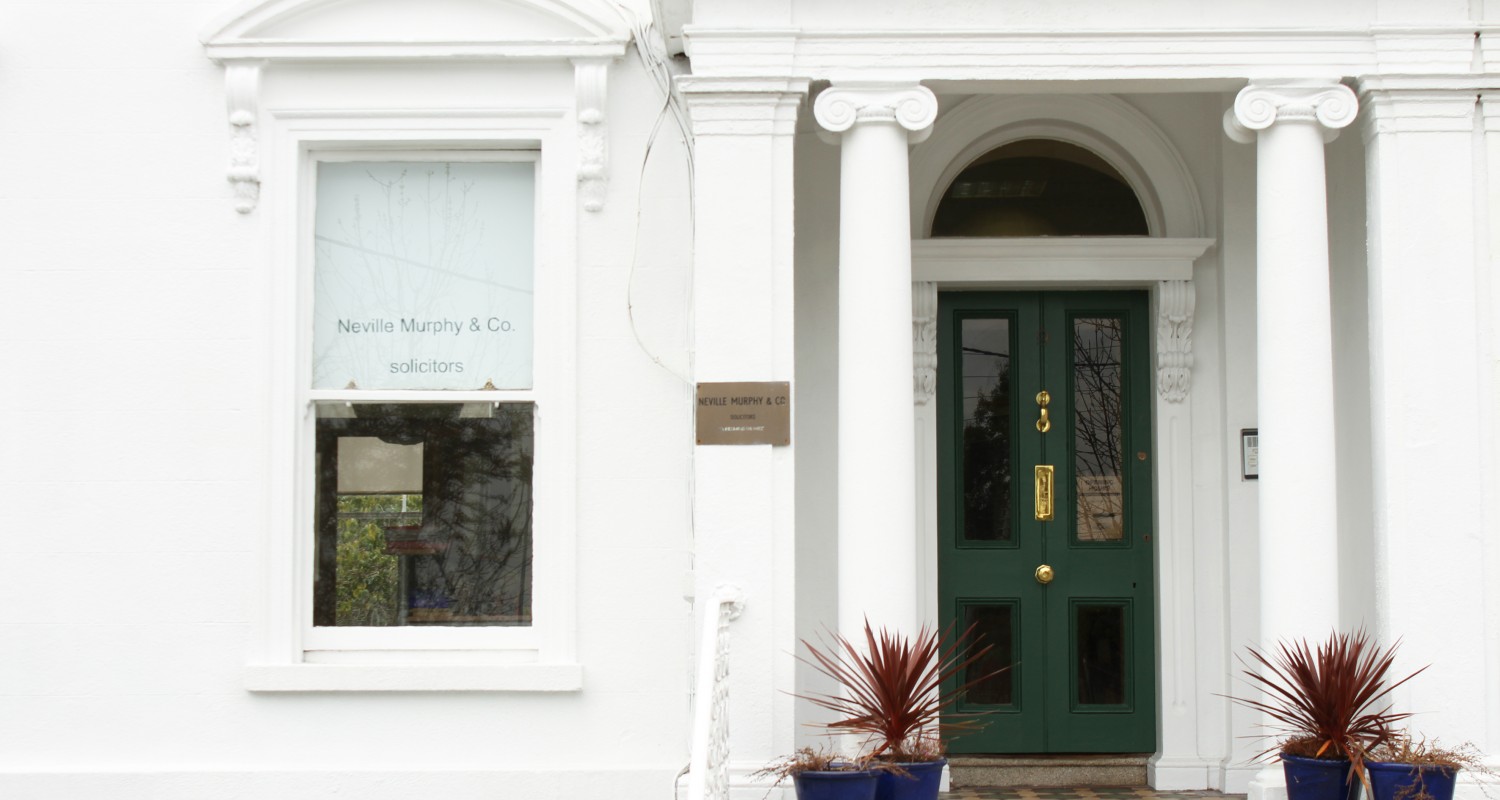Neville Murphy & Co. and McGarry & Co. Solicitors, two long standing practices in Bray, are to merge to become Neville Murphy McGarry Solicitors LLP Read more

Our Experience
Neville Murphy McGarry Solicitors LLP has been providing expert legal advice since it was established in 1976 and has its office in Bray Co. Wicklow. Our solicitors have a wealth of experience in a wide range of legal areas which include Residential and Commercial Conveyancing, Litigation, Personal Injury, Wills and Probate, Licensing, Employment and Commercial Law.
Read More


